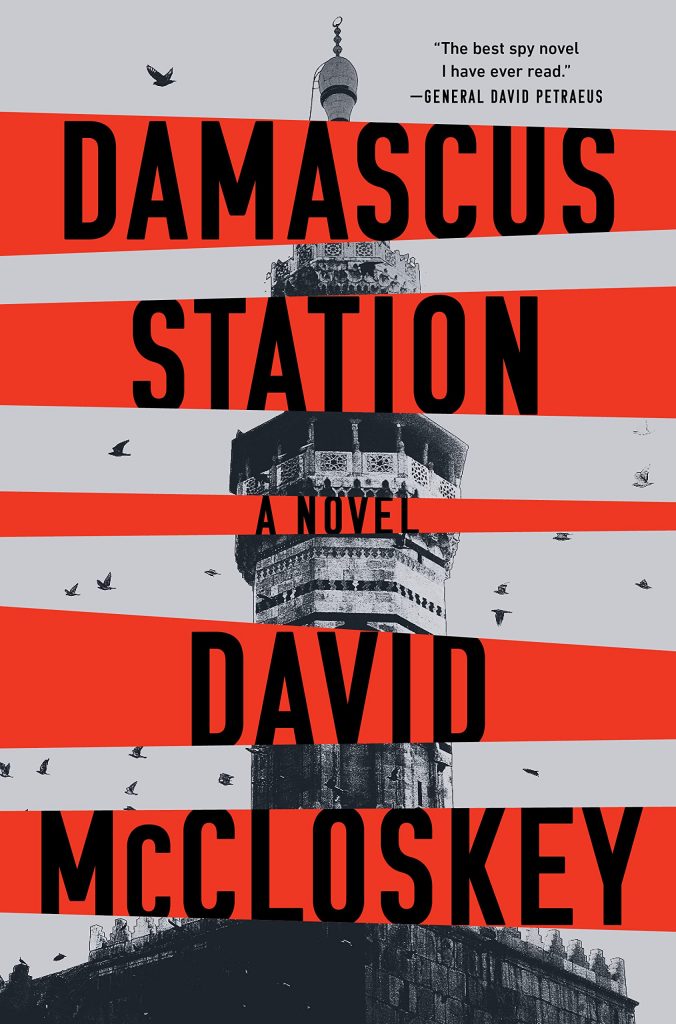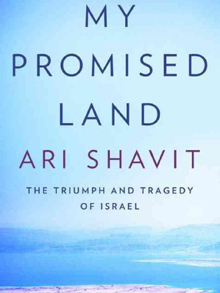
Soon after the Arab Spring reached Syria, Hafez Assad reacted to public uprisings with vicious government sponsored violence. Protestors were arrested, tortured, and slaughtered with poison gas. It was the beginning of a decade-long civil war whose outcome and direction were at the time wholly unpredictable. The United States still had an embassy in Damascus, and as is true with all embassies, a portion of its employees were spies.
In this recounting, an American spy is running a Syrian operative inside the Syrian government. First, there is the suspenseful cloak and dagger necessities of ferreting and transferring information from the Syrian Palace to the American embassy to CIA offices in Langley. Next comes the analysis of whether the gleaned information is reliable or an intentional trail of breadcrumbs laid by suspicious Syrian officers. There is an additional problem of Russian spies gathering information leaked by American spies and feeding it on to Damascus. At the level of governments, someone has to make policy based on all the intelligence gathered by humans on the ground and satellites and drones in the air.
At the human level is the daily grind of validating observations with corroborating evidence all while concurrently being tracked and monitored by opposition spies. One false step and the Syrian government, if they caught you, wouldn’t hesitate to make you disappear forever, but not before removing some of your favorite body parts while you were still breathing. Especially well done is McCloskey’s description of how a dictator ensures allegiance amongst his underlings by playing one off another.
Spying is a job for patriots, madmen, and madwomen, a couple of whom find one another as soulmates in the midst of Syria’s chaos.








